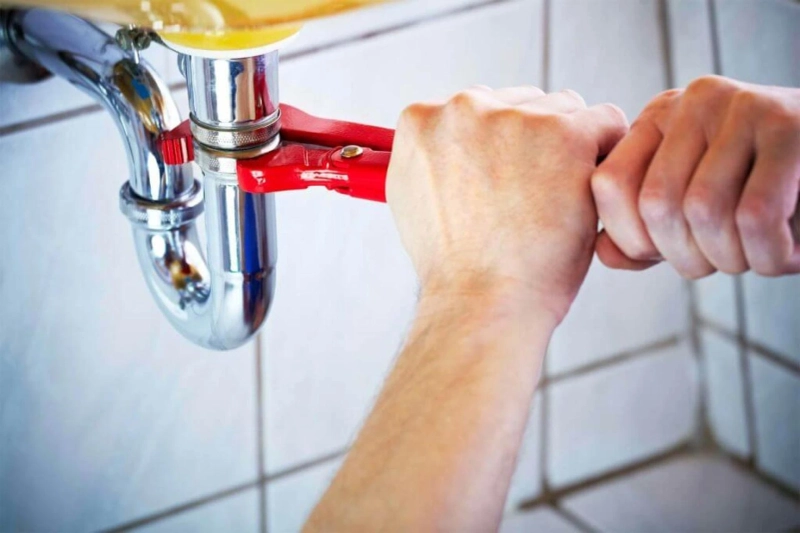Introduction:
In the ever-evolving landscape of industrial and residential heating systems, the efficiency and longevity of boilers play a crucial role. As technology advances, so do the methods and strategies used in boiler repair, leading to more effective, quicker, and cost-efficient solutions. This extensive article explores the cutting-edge technologies shaping the future of boiler repair around the globe.
Understanding Modern Boiler Systems
Before diving into repair technologies, it's essential to understand the types of boilers in use today and the common challenges they face. Boilers can be broadly categorized into water-tube and fire-tube systems, each with specific advantages and susceptibilities. The primary issues affecting boiler efficiency and functionality include scale buildup, corrosion, and part wear and tear.
Diagnostic Technologies
Advanced diagnostics form the backbone of modern boiler repair, allowing technicians to accurately identify issues without invasive procedures.
Thermal Imaging Cameras: These devices detect irregular heat patterns in boilers, indicating potential blockages or leaks.
Ultrasonic Flow Meters: Used to measure fluid flow in boiler tubes, helping detect performance drops due to sediment build-up or tube failure.
Borescopes: A critical tool for internal inspections, borescopes offer a real-time view inside tubes, identifying corrosion, cracks, and other anomalies.
Non-Destructive Testing (NDT)
NDT methods are pivotal in assessing boiler conditions without causing damage.
Eddy Current Testing: This electromagnetic technique is used for detecting surface and near-surface flaws in conductive materials.
Radiographic Testing (RT): RT uses X-rays or gamma rays to view the internal structure of boiler components, identifying hidden flaws.
Acoustic Emission Testing (AET): AET monitors sound waves emitted from cracks or leaks, providing early warnings of potential failures
Emerging repair Techniques
Emerging repair technologies not only fix problems but often enhance the original design's durability and efficiency.
Laser Cladding: This technique involves adding a layer of material over a part to improve its strength and corrosion resistance. It's particularly useful for repairing worn-out boiler tubes.
Cold Spray Technology: A solid powder is accelerated in a high-speed gas jet to bond with the substrate; this method is used for repairing surfaces without thermal distortion.
Composite Overlays: Advanced composite materials can be applied to damaged areas, providing renewed strength and heat resistance.
Smart Monitoring Systems
Integration of IoT in boiler systems has led to the development of smart monitoring technologies that anticipate failures and automate maintenance schedules.
Real-Time Condition Monitoring: Sensors installed in key boiler components send continuous data on performance, allowing for predictive maintenance.
AI-Powered Analytics: Machine learning algorithms analyze historical and real-time data to predict potential breakdowns and suggest optimal maintenance strategies.
Eco-Friendly Repair Solutions Sustainability is becoming increasingly important in boiler repair, with technologies focusing on reducing environmental impact.
Biodegradable Scale Removers: These environmentally friendly chemicals dissolve scale without harming the boiler’s metal or the environment.Solar-Powered Tools: Repair operations are increasingly using solar energy to power tools and equipment, reducing the carbon footprint of maintenance work.Training and Certification Advances As boiler repair technologies evolve, so does the need for specialized training and certification programs to ensure technicians are up-to-date with the latest methodologies.
Virtual Reality (VR) Training Modules: Technicians can now train in a safe, controlled, and immersive environment that mimics real-world scenarios.Certification in Emerging Technologies: Specialized courses and certifications in technologies like laser cladding, cold spray, and NDT are becoming essential for modern boiler technicians.Conclusion: The field of boiler repair is experiencing a technological revolution that not only promises more efficient and effective repairs but also aligns with global pushes towards sustainability and reduced environmental impact. By embracing these advanced technologies, the industry not only enhances operational reliability and safety but also sets a new standard for future developments in heating system maintenance and repair.


